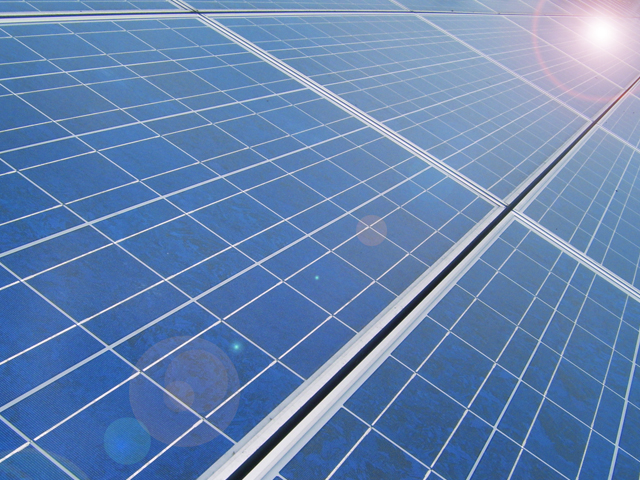The proliferation of home solar power systems has some utilities worried about potential damage to their business models.
And charging an electric car with renewable energy from solar panels remains the low-carbon ideal for many green-car buyers.
Now, a new initiative in Arizona shows that it's possible for utilities and individual home solar users to coexist peacefully--and profitably.
DON'T MISS: As Solar Power Spreads, Diverse Users Fight Utility Attempts To Penalize It
Under the program, Tucson Electric Power (TEP) is attempting to get a foothold in the solar market by renting customers' roofs for solar-panel installation.
First proposed in August 2014, the program fixes the utility bills of participants at their current level for the next 25 years--which TEP considers to be the lifetime of the panels.
TEP plans to accept 500 participants in 2015, and still had slots open as of September, according to a recent Navigant Research blog post.

BMW DesignworksUSA solar carport
If electricity prices in Arizona continue to rise, customers involved in the program could enjoy significant savings, Navigant calculates.
Electricity rates in Arizona have risen an average 3.4 percent over the past decade, and currently average $0.12 per kilowatt-hour (which is the U.S. average for all 50 states as well).
A current TEP customer paying $100 per month uses 852 per kWh per month, while a customer paying $240 per month uses 2,044 kWh each month, according to Navigant.
ALSO SEE: The Coming Solar Power Boom: Charts Tell The Story, Grid Parity In 2 Years (Nov 2014)
If rate increases and usage remain constant over the next 25 years, the $100 per month customer could save $20,000, while the $240 per month customer could save $50,000.
Besides the savings, this program could prove attractive to Arizonans who were previously considering home-solar installations.
That's because they won't have to go through credit checks or arrange financing, as they would if they were pursuing this on their own.

Photovoltaic solar power field at Volkswagen plant in Chattanooga, Tennessee
TEP will contract out the installation of solar panels, so local solar installers do not view the utility as competition.
At the same time, TEP gets a relatively easy way to increase its solar-generation capabilities, and meet quotas for renewable-energy generation.
The program also marks a more positive shift for solar power in Arizona.
MORE: As Solar Installations Soar, Utilities Confront Distributed Renewable Power
The state has been one of the battlegrounds between solar advocates and utilities, which have lobbied to reduce or eliminate incentives and subsidies that encourage its use.
Earlier this year, another Arizona utility--Salt River Project--enacted a $50 monthly surcharge on customers who feed power back to the grid and use net metering.
This is a common practice in which consumers earn credit for the solar energy their panels discharge back into the grid, effectively forcing utilities to "buy" that power.

Solar Panels by Flickr user Chandra Marsono
Efforts like this are largely based on the fear that distributed solar power will erode utilities' century-old business model of centralized generation distributed to dispersed users.
But by getting involved in that distribution of electricity infrastructure, TEP may have found one solution that could possibly make everyone happy.
_______________________________________________












